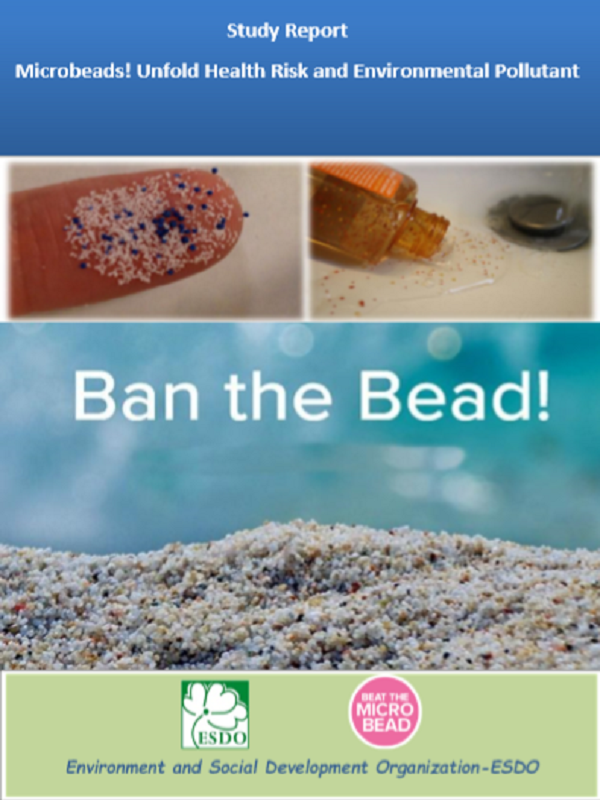Microbeads! Unfold Health Risk and Environmental Pollutant

Once upon a time, groundnut shells, salt crystals were used as scrubbing and exfoliating agents. Over these years, all these natural but traditional, biodegradable alternatives are being replaced by a non-biodegradable, cheap tiny plastic particle, called microbead. It is increasingly clear that microbeads, which, like plastic bags, are made of polyethylene, are a harmful and unnecessary pollutant. Today, a significant number of personal care products such as face wash, toothpaste, exfoliating scrubs and anti-ageing creams are known to contain thousands of microbeads per product. When these products are washed down after use into drain, microbeads flow through sewer systems before making their way into rivers and canals and ultimately, straight into the sea and ocean, where they contribute to the plastic soup. They are too small to be retained by the standard filters used at sewage treatment plants. The surface of microbead has been proven to attract and absorb persistent organic pollutants (POPs) such as PCBs and DDT in marine environment.
To determine the level of awareness among manufacturers and consumers, a questionnaire survey was done with 3800 people. According to the survey findings, female aged between 20-29 years constitutes the larger number of consumers of the products containing microbeads. Among all the products, facewash are found to be mostly used by the consumers. About 45% of the total consumers have skin problems. They mostly suffer from skin irritation and rash. About 95% consumers do not have any idea about the harmful impact of microbeads on health and environment. When they were given the idea of the fate of microbeads, half of them decided to switch from microbeads containing products to a safer, natural alternatives. When ESDO study team reached retailers, they found that about 92% of the retailers are ignorant about this plastic pollutant. However, 40% said that they will remain conscious about selling those products and about 35% told that they will avoid selling those products containing microbeads.
For more information and the report please contact us via E-mail.
Our E-mail address : info@esdo.org


